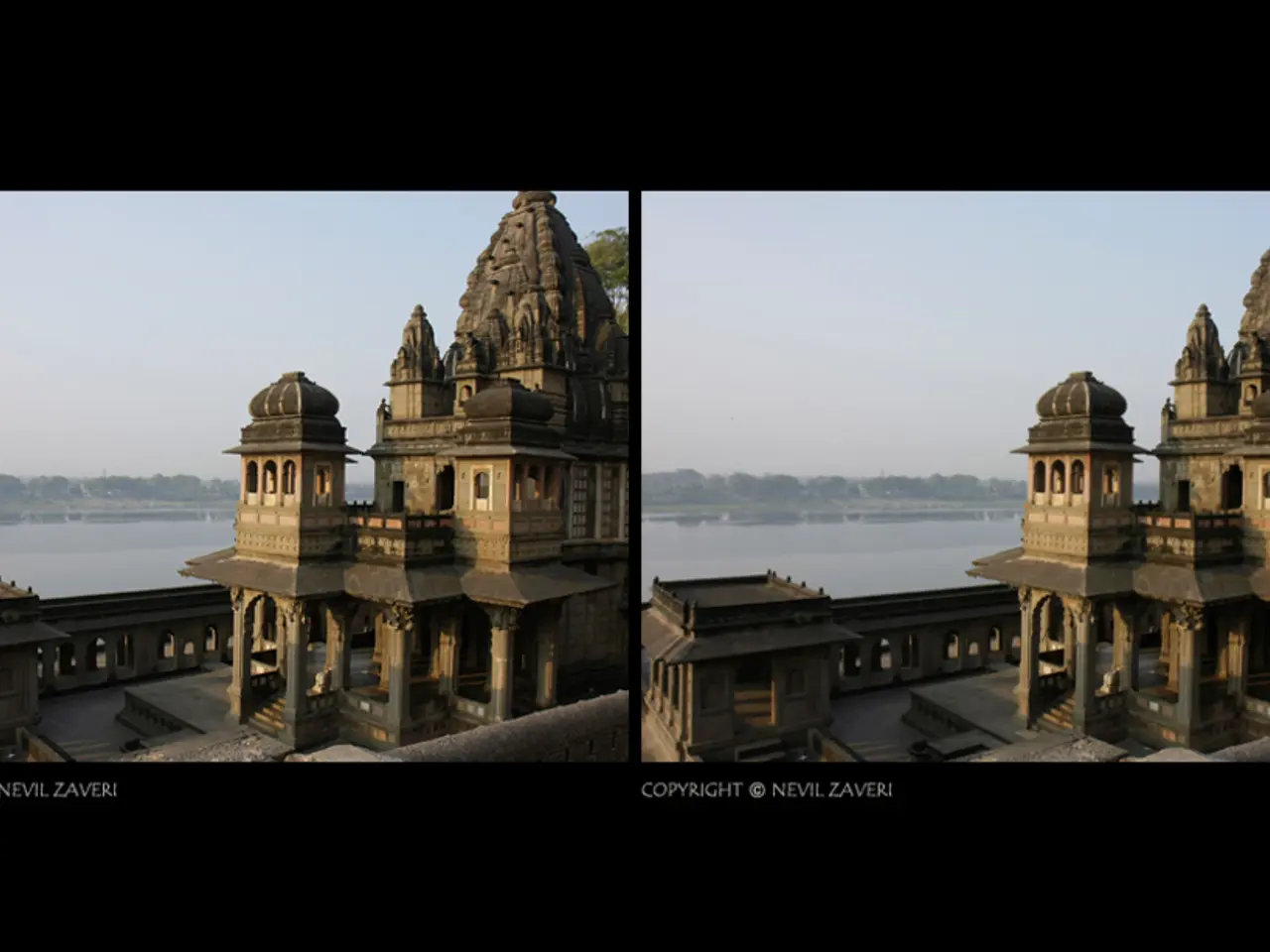Indian Soil Embraces Monotheistic Religions: A Historical Look at the Introduction of Judaism, Christianity, and Islam in India
A Millennium of Religious Coexistence in Kerala's Coastal Towns
Kerala's coastal towns have a rich history of religious coexistence involving Jewish, Christian, and Islamic communities that dates back over a millennium. This region became a unique meeting point for these three Abrahamic religions, each arriving through trade and migration, and they developed distinctive yet coexistive traditions side by side.
The Jewish Community
Jewish traders and settlers are believed to have arrived in Kerala’s coastal ports as early as 1,500 years ago, establishing one of the oldest Jewish diasporas in the world. The Cheraman Juma Masjid in Kodungallur, built in 629 CE, is India's first mosque, and it is believed that Jewish merchants played a significant role in its construction.
The Christian Community
Christianity came to Kerala around the 1st century CE, attributed to the apostle St. Thomas according to tradition. Over 1,500 years, Kerala's Christians, especially the Syrian Christian community, evolved independently with their own liturgy deeply connected to Eastern Christian traditions. The grand St. George Basilica in Angamaly, dating back to 450 CE, features apostles in dhotis and angels with Indian instruments in its murals, illustrating this unique heritage.
The Islamic Community
Islam is thought to have come to Kerala by the 7th century through Arab traders, well before Muslim conquests in northern India. Unlike northern India, where Hindu-Muslim relations were more conflict-ridden, in Kerala, relations have been historically peaceful with interactions extending over centuries through trade and cultural exchange. The Malik Deenar Mosque in Kasaragod remains a symbol of Islam's peaceful arrival in Kerala.
A Legacy of Mutual Respect and Cultural Intermingling
Together, these communities fostered a legacy of mutual respect and cultural intermingling in Kerala's coastal towns. Synagogues, churches, and mosques in Kerala were not just places of worship but hubs of trade, learning, and cultural exchange. Even festivals and practices often incorporated elements from multiple faiths, indicating deep inter-religious cultural exchange and social integration.
The Coexistence Continues
This pluralism has been a defining feature of Kerala’s social heritage for over a millennium. Today, the tradition of peaceful coexistence continues, with synagogues, churches, and mosques standing as testaments to a rich and vibrant past. In Parur, a beautifully restored bimah (a raised platform in the synagogue) made of teakwood stands as testament to a once-thriving community. In Odathil Palli Mosque in Thalassery, Hindu methods were used in its construction, gifted by a local Nair family.
A Gateway to the World
Kerala's coast has been a significant gateway to the world for over 2,000 years, welcoming spices, silk, stories, ideas, and faiths that shaped its culture. The synagogue in Chendamangalam, under the Muziris Heritage Project, is being lovingly restored. It has the first Jewish synagogue, the first mosque outside Arabia, an ancient Syrian church, and a temple mentioned in Sangam literature-all within walking distance. This unique blend of cultures continues to attract visitors from around the world, offering a living model of pluralism and peaceful coexistence.
Footnotes:
[1] "The Jews of Kerala: A History of the Malabar Yehuden," by Elia Levi, 1973.
[4] "Islam in Kerala: A Study in the Syncretic Process," by M.G.S. Narayanan, 1984.
[5] "Kerala: A Cultural History," by K.N. Panikkar, 1993.
In Kerala's coastal towns, despite their deep roots in different religious traditions, the Jewish, Christian, and Islamic communities have coexisted peacefully for over a millennium, fostering a unique lifestyle characterized by mutual respect and cultural intermingling. This harmonious blend of faiths has created a rich tapestry, making travel to these towns an enlightening exploration of diverse lifestyles and shared history.





